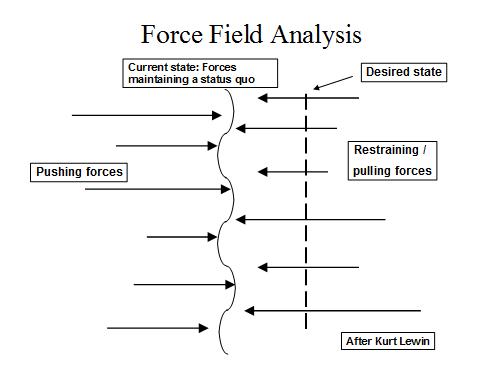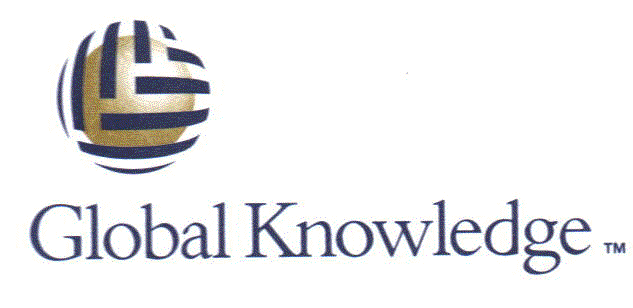Change agents are the persons who initiate change and manage change in the organizations. They are specialized in theory and practice of managing changes. The change agent may be a member of organization or an outsider such as a consultant. An internal agent very well knows the organization and have ability, knowledge and experience of directing people for changes. But, internal agent is removed from regular duties to concentrate on the transition. However, external agents view the organization from the system point of view and is much affected by the organization norms. Top managers also prefer hiring specialized consultant change agents as they can offer more objective prospective than insiders. External experts are, however, not well aware of the desires and attributes of the employees, therefore, the changes suggested by them are generally resisted by the employees. Change agents have five set of powers as support of Continue reading
Modern Management Concepts
Managing Planned Organizational Change Process
A planned change is a change planned by the organization; it does not happen by itself. It is affected by the organization with the purpose of achieving something that might otherwise by unattainable or attainable with great difficulty. Through planned change, an organization can achieve its goals rapidly. The basic reasons for planned change are: To improve the means for satisfying economic needs of members To increase profitability To promote human work for human beings To contribute to individual satisfaction and social well being The planned organizational change process may comprise, basically the three following steps: Planning for change Assessing change forces Implementing the change 1. Planning for Change The first step in the process of change is to identify the need for change and the area of changes as to whether it is a strategic change, process oriented change or employee oriented change. This need for change can be Continue reading
Case Study of Global Knowledge: Technology as an Effective Ingredient of Customer Relationship Management (CRM)
Case Summary: Global Knowledge, a worldwide leader in IT education and enterprise training solutions, needed a solid and scalable platform for delivering its virtual classroom e-Learning training programs. The company currently offers over 700 courses in 21 countries and in 13 languages every day for such leading companies as Cisco, Microsoft, Nortel, Oracle, Legato, Enterasys and Compaq in addition to a broad array of industry curriculum and certifications. Over the last 2 years, Global Knowledge has begun offering a broad menu of these classes as instructor-led, virtual e-Learning courses but needed a technology platform to effectively address their customers’ virtual training needs around the world. Global Knowledge customers, located throughout the world, attend virtual classes through various connections — dial up modem, DSL, cable modem and corporate LANs behind firewalls. The courses are equivalent to traditional instructor-led classroom courses — complete with subject matter experts as instructors; Continue reading
The Technology Push for Knowledge Management
The concept of knowledge itself is not new, because the need and importance of knowledge has been the basis for the development of various cultures, philosophies and religions. What has really made it possible for people and even organizatins today to even contemplate harnessing knowledge energies for better management has been the rapid evolution in technology that we have seen over the last decades. The role of technology, particularly information technology in defining and revitalizing corporate strategy has evolved over the last forty years or so. In the 1960s and 70s, computers were confined to glass cabins and sometimes as departmental number crunches. Information strategy was always seen as something that would come in after the corporate strategy had been defined. It was only with the introduction of the personal computer in the early 1980s and the subsequent spread of the networking phenomenon that changed the role of information technology Continue reading
Knowledge Management (KM)
Knowledge Management is the process through which organizations generate value from their intellectual and knowledge-based assets. Most often, generating value from such assets involves sharing them among employees, departments and even with other companies in an effort to devise best practices. The term is used loosely to refer to a broad collection of organizational practices and approaches related to generating, capturing and disseminating know-how and other content relevant to the organization’s business. Knowledge management can be explained as an effort by organizations to manage some or all of the knowledge within them as a resource, much as they manage real estate, inventory, and human resources. It involves the following: Capturing it; that is, explicitly recording the tacit knowledge within an organization. Cataloguing and storing it; that is, placing the information into a central area where all members of an organization who have a need to know have access to it Continue reading
Knowledge – Definition and Types
Knowledge is a very slippery concept with many different variations and definitions, each of which is valid in its own right. The nature of knowledge and what it means to know something are epistemological questions that have perplexed philosophers for centuries and no resolution looms on the horizon. According to Webster’s Dictionary, knowledge is “the fact or condition of knowing something with familiarity gained through experience or association”. In practice, though, there are many possible, equally plausible definitions of knowledge. A frequently used definition of knowledge is “the ideas or understandings which an entity possesses that are used to take effective action to achieve the entity’s goal(s). This knowledge is specific to the entity which created it.” There are two basic kinds of knowledge in an Organization: Explicit and Tacit. Explicit knowledge is knowledge that has been articulated and, more often than not, captured in the form of text, tables, Continue reading


